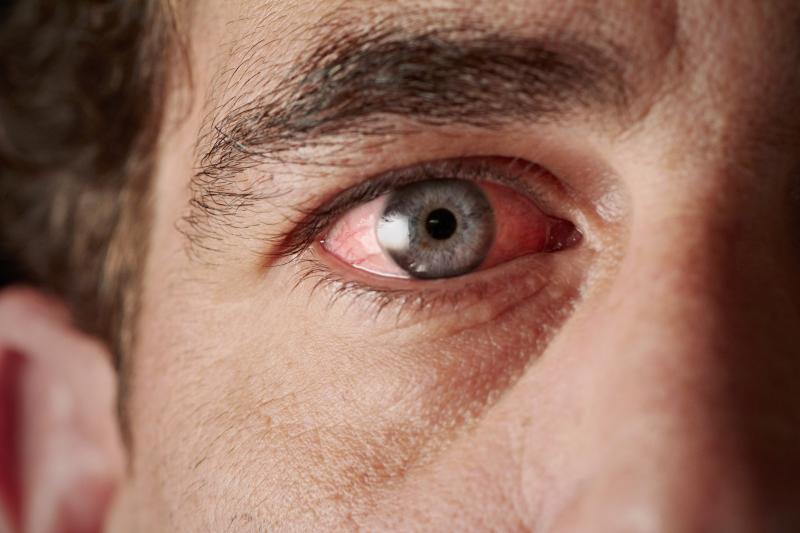
Serum 25-hydroxyvitamin D (25[OH]D) levels are significantly lower among patients with active uveitis than those with inactive uveitis and local population-based estimates, reports a study. In addition, vitamin D supplementation may help reduce uveitis activity, while sun exposure confers a beneficial effect to those with vitamin D deficiency.
In this prospective case-control study, all participants (n=151), who were recruited from two Victorian tertiary hospitals and one private ophthalmic practice, underwent 25(OH)D measurement and completed a questionnaire on vitamin D intake and ultraviolet light exposure.
Serum 25(OH)D levels were then compared between active and inactive uveitis groups and with local population estimates, stratified by geographic region and season. Vitamin D intakes and exposures based on questionnaire results, including vitamin D supplementation and sunlight exposure on weekdays and weekends, were also compared between uveitis groups.
Patients with active uveitis (n=74) had a median serum 25(OH)D level of 46 nmol/l (interquartile range [IQR], 29–70 nmol/l), which was significantly lower than those with inactive uveitis (n=77) at 64 nmol/l (IQR, 52–79 nmol/l; p<0.001) and the local population median at 62 nmol/l (IQR, 46–77 nmol/l).
Furthermore, a significant association was found between vitamin D supplementation and uveitis inactivity (p=0.026). Subanalysis of vitamin D-deficient participants also showed a significant correlation between sun exposure and uveitis inactivity (p=0.014 for weekday and weekend analyses).
“These results suggest that vitamin D supplementation should be studied as an option for the prevention of uveitis relapse in at-risk patients,” the authors said.